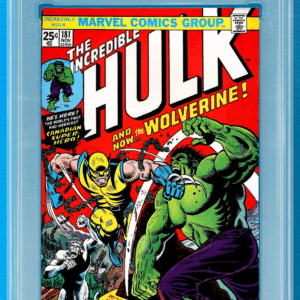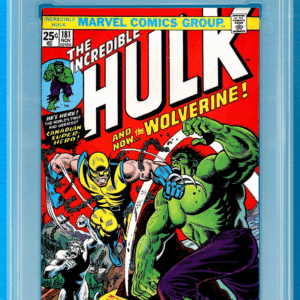In a surprising twist, Industrial Inspection & Consulting has introduced a novel service that involves CT scanning sealed packs of trading cards for $75. Initially intended to showcase the precision of their CT scanning technology, the service has swiftly become a focal point of discussion within the collecting community.
Only recently, Industrial Inspection gained attention by scanning a sealed pack of Pokémon cards, demonstrating the potential of their cutting-edge technology. Despite initially affirming they had no intentions to delve into card scanning services, the company made a pivot earlier this week to include trading cards among their CT scanning offerings.
The Service
For the price of $75, Industrial Inspection allows customers to have their sealed packs of trading cards CT scanned, providing access to the necessary viewing program for content analysis. Plans are also underway to expand this service to encompass sealed boxes as early as this week.
Industry Reactions
The collecting community has expressed a varied response to the introduction of this technology. One industry source voiced skepticism about the widespread acceptance of the service, suggesting that its impact may primarily extend to high-end products. There are also concerns regarding whether collectors can effectively interpret the scans without prior experience.
According to Keith Irwin, the general manager at Industrial Inspection, the company received ten requests to scan packs within the first two hours of posting their initial case study on YouTube. Subsequently, traffic to their website skyrocketed by over 17,000 percent.
“We’ve garnered a lot of interest,” Irwin shared with cllct. “Not just from individuals and collectors but also from auction houses. It appears that everyone is intrigued, and everyone wants to be part of it. If we don’t offer this service, someone else will.”
Irwin refrained from disclosing further details due to non-disclosure agreements but mentioned that most inquiries revolved around the technology’s capabilities. Speculation is rife that group breakers could utilize this technology to identify and retain the best boxes, while others contemplate its use in authenticating sealed vintage boxes.
Community Concerns
The collecting community harbors apprehensions about the ramifications of this technology. Up until the recent case studies, many collectors were unaware that X-ray technology could be harnessed in this manner. Now, the ability to scan packs for a nominal fee of $75 has sparked significant debate.
While a considerable faction of the community has condemned the practice, Irwin and Industrial Inspection argue that it is crucial to make the service accessible to all, not just catering to high-end collectors.
“Our objective is to ensure this service is available to everyone,” Irwin asserted. “We aim to be the good guys in a scenario that isn’t dissipating. If we don’t provide this service, others might, potentially in less ethical ways.”
Ethical Considerations
The introduction of this service has raised multiple ethical and moral dilemmas. While collaborating with auction houses or authenticators could be deemed beneficial, it also runs the risk of restricting access for individual collectors keen on verifying their collections. Discerning between positive and negative use cases is a challenging task.
The grand question remains – If we choose not to pursue it, what are the consequences? If we opt out, someone else will fill the gap. Hence, we choose to engage with it because we believe we can act responsibly.
Despite their well-meaning intentions, the potential repercussions on the secondary market, particularly for high-end products, are substantial. While scanning packs or boxes of low- and mid-tier products may not be cost-effective, for vintage sports cards, early Pokémon releases, and high-end ultra-modern sets, the technology could prove transformative.
There is uncertainty as to whether major trading card manufacturers are taking measures to safeguard customers. Requests for comments from Panini America, Topps, and Upper Deck were unanswered at the time.
Future of Card Scanning
Irwin hinted that Industrial Inspection could thrive even without the card scanning service, but the latter does pose as a lucrative revenue stream. A conceivable solution for card manufacturers could involve deploying dosimeter stickers that change color upon exposure to radiation, indicating whether a box has undergone scanning.
For the present, Industrial Inspection aims to forge ahead with scanning packs and potentially expand to boxes. They may also cater to collectors desiring the scanning of encapsulated sealed packs for the purpose of opening them.
Irrespective of the services provided, the ethical and moral quandaries will persist for Industrial Inspection. The company’s website acknowledges the “Pandora’s box” they have opened, a sentiment that seems to resonate with collectors.
“We have clearly struck a nerve within the community,” Irwin reflected. “People have built their lives around these industries, prompting us to question if we have made the right choice. However, if we had refrained from revealing and offering this service, clandestine activities might ensue. We are caught in a dilemma where inaction is deemed wrong, but so is taking action.”






